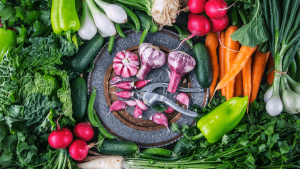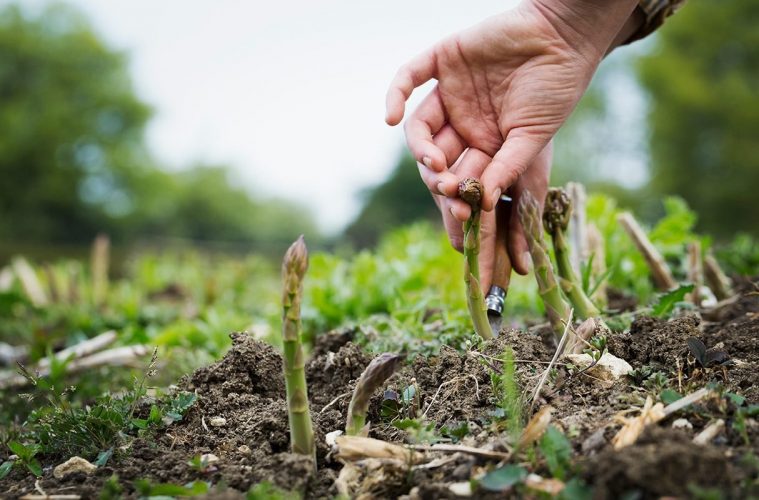When it comes to gardening, most of us are familiar with the annual ritual of planting vegetables in the spring and harvesting them in Autumn. But have you ever considered the joys of perennial vegetables? These hardy plants can provide a continuous source of fresh produce year after year, with minimal effort.
What are Perennial Vegetables?
Perennial vegetables are plants that come back year after year, unlike their annual counterparts that need to be replanted each season. They are a hidden gem in the world of gardening, often overlooked but highly rewarding. Some of the most popular perennial vegetables include asparagus, rhubarb, artichokes, and sorrel. These plants can be a sustainable and low-maintenance addition to your garden, offering a consistent harvest for several years.

Unsplash
Tips for growing Perennial Vegetables
Choose the right location:
Before planting perennial vegetables, consider the location carefully. Most of these plants prefer well-drained soil with good sunlight. Ensure the area you choose receives at least 6-8 hours of sunlight each day.
Soil preparation:
Amend the soil with compost or organic matter to improve fertility and drainage. Well-drained, rich soil will encourage strong growth and better yields.
Planting depth:
Pay attention to planting depth, especially with asparagus. Plant crowns or roots at the recommended depth, usually a few inches below the soil surface, to ensure healthy growth.
Mulch:
Mulch helps retain soil moisture, suppress weeds, and regulate soil temperature. Apply a layer of mulch around your perennial vegetables to create a more favourable environment for them.
Regular pruning:
Pruning can help your perennial vegetables stay healthy and productive. Remove dead or diseased leaves, and cut back plants as needed to encourage new growth.
Pest and disease management:
Keep an eye out for common pests and diseases that can affect perennial vegetables. Early detection and appropriate action can help protect your plants.
Patience is key:
Unlike annual vegetables that produce a quick harvest, perennial vegetables may take a year or two to establish before yielding a substantial crop. Be patient and allow your plants time to mature.
Harvesting:
Harvesting perennial vegetables is a delightful and ongoing process. Enjoy a steady supply of fresh produce throughout the growing season. For example, asparagus can be harvested when the spears are about 2-3 metres tall.
Overwintering
Some perennial vegetables require special care in winter. Mulch or cover them to protect them from freezing temperatures.
Incorporating perennial vegetables into your garden not only reduces the need for replanting but also contributes to a sustainable and low-maintenance landscape. With the right care and attention, these hardy plants can provide you with years of delicious, homegrown produce.
Feature image: Unsplash

